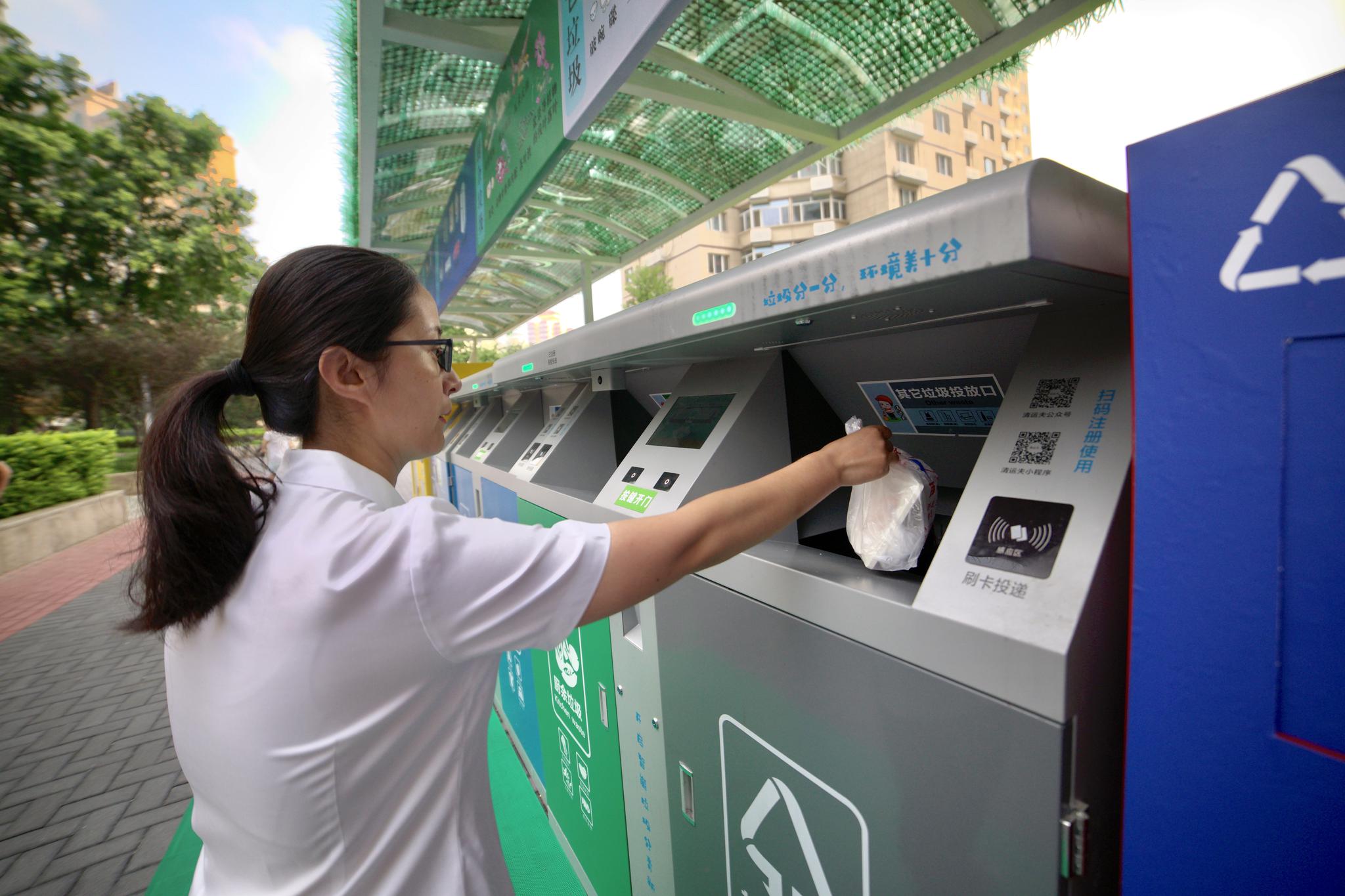These days, it is almost a rarity to walk into a supermarket entirely staffed by humans. Cashierless payment systems are truly taking over.
Released a few years ago, Amazon Go stores are popping up everywhere. They are physical stores staffed by no-one. Customers simply scan a code on their smartphones to enter, a virtual cart is updated while they shop and the customer’s Amazon account is charged as they leave. Cameras and AI keep track of every item in the store.
The physical store is facing extinction if it does not become smarter. Amazon has been quick to step in and revolutionalise shopping with their “just walk-out technology” but investors are also lining up to back similar startups.
Tel Aviv-based Trigo has just announced that it’s raised $22 million in a Series A Round to build out its technology to support larger stores and expand globally.
The round was led by growth fund Red Dot Capital with the participation of existing investors Vertex Ventures Israel and Hetz Ventures.
Founded in 2018, Trigo is a frictionless-checkout company harnessing cutting-edge AI and computer vision technologies to eliminate the hassle of waiting in long checkout lines and scanning products. The solution is based on ceiling-mounted commodity cameras, proprietary algorithms and neural networks, developed by a team of academics, some with industrial and military backgrounds.
Trigo’s first client was Israeli supermarket chain Shufersal, which will be installing the technology in some 280 stores over the next five years.
The Israeli startup is already reportedly in talks with Tesco, the UK’s largest supermarket chain, to help them go cashierless in some of their stores.
The move reflects a race to contend with companies like Amazon that are bringing new levels of convenience to grocery shopping. Plus cutting cashiers could also help Tesco reduce its workforce over time and improve profit margins as it competes with German discount chains Aldi and Lidl.
How Trigo works
Trigo works with supermarkets to provide cameras, sensor fusion technology and 3D imaging to map shop floors and track consumers and products as they move around.
Just like with Amazon Go, customers can walk into the store, pick up their goods, and walk out, choosing either to be billed automatically or to pay on the spot with card or cash.
Trigo’s 3D space-mapping technology can be “retrofitted” for any existing store.
At its core, Trigo is a software and machine learning company. Although the company provides its customers with all the necessary gear, the company sources off-the-shelf equipment and software from the likes of Intel, Dell and Nvidia.
“We use hardware in our system — such as cameras, servers, processors, etc. — that are all standard and off-the-shelf,” Ran Peled, VP of marketing at Trigo, told VentureBeat. “Our ‘secret sauce’ is how our software and algorithms manage this hardware to extract supercomputer capabilities from it.”
“Walk-out technology” coming soon to a supermarket near you…
Trigo has raised $29 million in funding to date and implies that it will be used to battle Amazon Go, the company’s fiercest competitor.
The startup says its technology is currently being deployed in stores of up to 5,000 square feet in size, more than double the size of the largest Amazon Go store in Seattle, which is around 2,100 square feet. Trigo said the fresh capital injection will enable it to target larger stores and will help it advance its partnerships with grocery outlets in the U.S. and Europe.
“There is very strong demand globally among grocery retailers to dramatically improve customer experience,” said Michael Gabay, co-founder and CEO of Trigo. “The common denominator is that everyone is searching for technology to enable the most seamless in-and-out shopping experience. These new funds will be used to scale our technology further and support our global expansion.”
The fact that Amazon has moved into the physical store space shows that the good ol’ brick and mortar shop is not going anywhere soon — rather they just need to be bought up to date to appeal to a customer base that expects seamlessness in their shopping experience. The widespread deployment of these types of in-store technologies is likely to be what saves them.
“We believe that Trigo’s world-leading computer-vision team will be the first to scale this technology globally and unlock the full potential of a true grocery-wide revolution,” said Barak Salomon, Managing Partner of Red Dot Capital. “The process of manually scanning barcodes for each separate item at checkout is outdated and time-consuming. Trigo’s technology is going to save brick and mortar, revitalizing the in-store experience while keeping the best part of shopping alive.”
